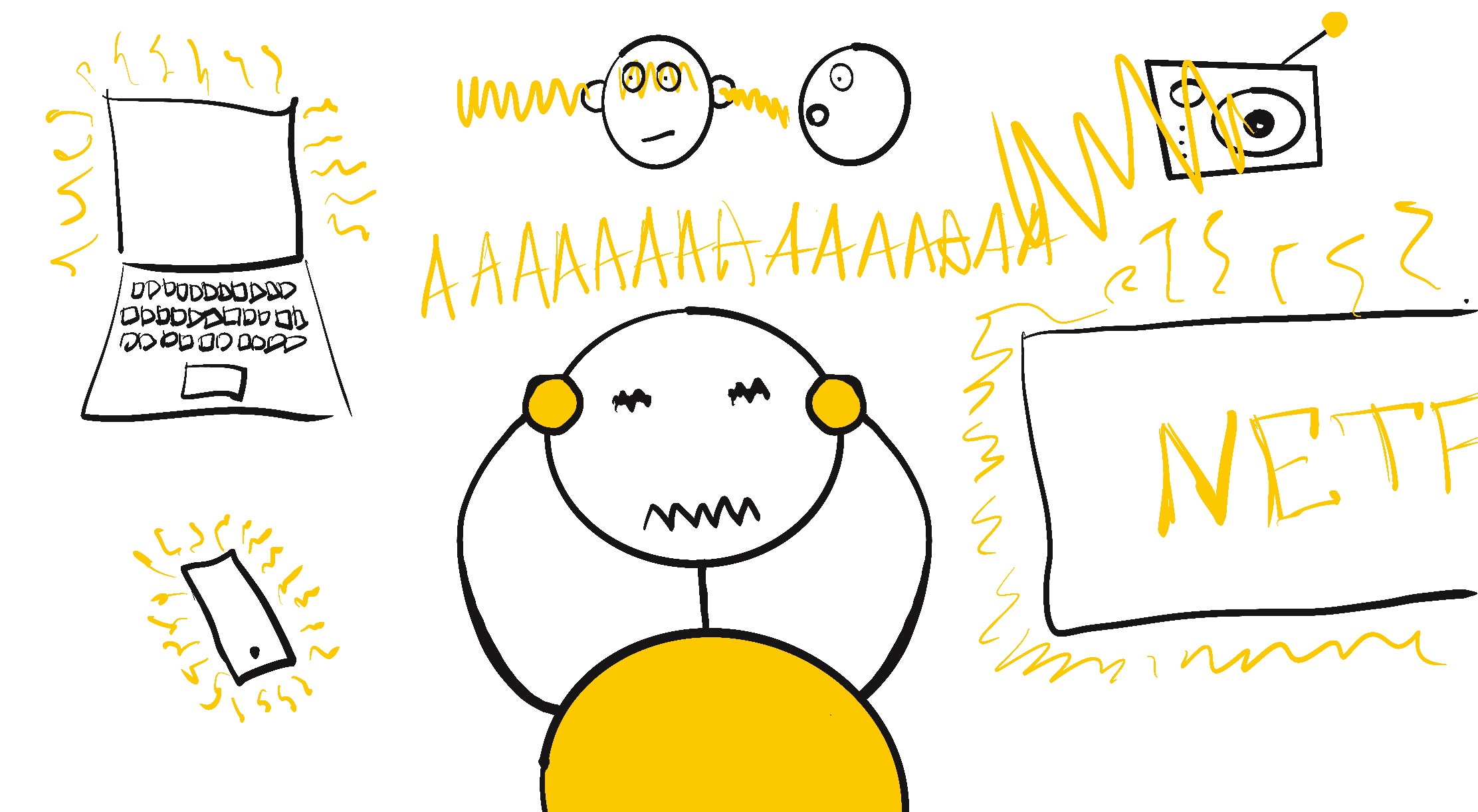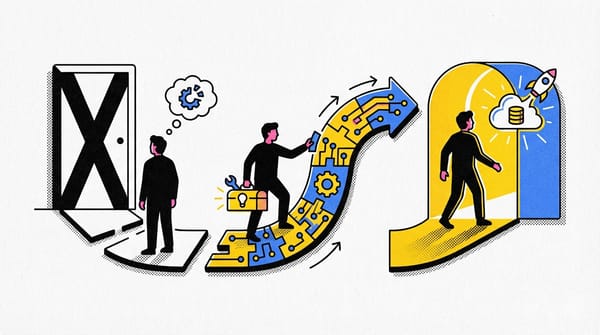Attention - new currency: how "attention games" are changing the business
Discover how "attention games" are reshaping business strategies and learn to capture your audience's focus effectively.

In the modern world, where the flow of information seems infinite, attention has become not only a scarce resource but also the primary currency of the digital economy. Products and services, from social networks to streaming platforms, compete for a share of this valuable asset. This is especially important for product managers, influencers, and entrepreneurs who want to attract and retain an audience.

Understanding the "Game of Attention"
The Main Players
The key players in this "game of attention" are messengers, social networks, streaming services (like Netflix and Spotify), and online games. These platforms are designed to maximize the time users spend in the app, which is directly related to advertising and subscription revenues.




